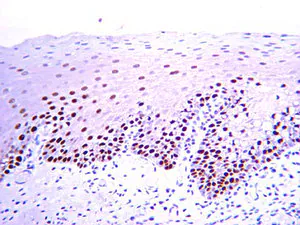
Merck Anti-PCNA Antibody, clone PC10
✨AI 추천 연관 상품
AI가 분석한 이 상품과 연관된 추천 상품들을 확인해보세요
연관 상품을 찾고 있습니다...
Anti-PCNA Antibody, clone PC10
clone PC10, Chemicon®, from mouse
Proliferating Cell Nuclear Antigen, DNA Polymerase delta Processivity Factor
Proliferating cell nuclear antigen (PCNA) is a 36 kDa molecule that is highly conserved between species. PCNA was first identified as the antigen for a subpopulation of autoantibodies in patients with systemic lupus erythematosus (Miyachi, 1978; Takasaki, 1984; Ogata, 1987). It has since been determined that PCNA serves as a co-factor for DNA polymerase delta in S-phase as well as during DNA synthesis associated with mechanisms involved in DNA damage repair (Tan, 1987; Bravo, 1987). The temporal specificity of PCNA expression makes it an ideal marker for cell proliferation. PCNA begins to accumulate during the G1 phase of the cell cycle, is most abundant during the S phase, and declines during the G2/M phase (Kurki, 1988). Since the half-life of PCNA exceeds 20 hours, it may be possible to detect the protein in non-cycling cells.
🏷️Merck Sigma 상품 둘러보기
동일 브랜드의 다른 상품들을 확인해보세요
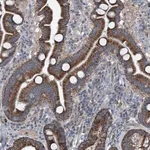
Merck Sigma
Merck Anti-GPAT3 antibody produced in rabbit
370,530원
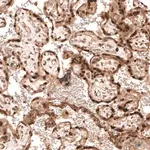
Merck Sigma
Merck Anti-PARP14 antibody produced in rabbit
370,530원
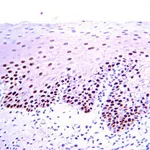
Merck Sigma
Merck Anti-PCNA Antibody, clone PC10
205,900원
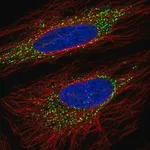
Merck Sigma
Merck Anti-OSBPL5 antibody produced in rabbit
895,700원
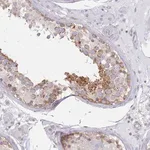
Merck Sigma
Merck Anti-MAP1S antibody produced in rabbit
370,530원
배송/결제/교환/반품 안내
배송 정보
| 기본 배송비 |
| 교환/반품 배송비 |
|
|---|---|---|---|
| 착불 배송비 |
| ||
| 교환/반품 배송비 |
| ||
결제 및 환불 안내
| 결제수단 |
|
|---|---|
| 취소 |
|
| 반품 |
|
| 환급 |
|
교환 및 반품 접수
| 교환 및 반품 접수 기한 |
|
|---|---|
| 교환 및 반품 접수가 가능한 경우 |
|
| 교환 및 반품 접수가 불가능한 경우 |
|
교환 및 반품 신청
| 교환 절차 |
|
|---|---|
| 반품 절차 |
|
